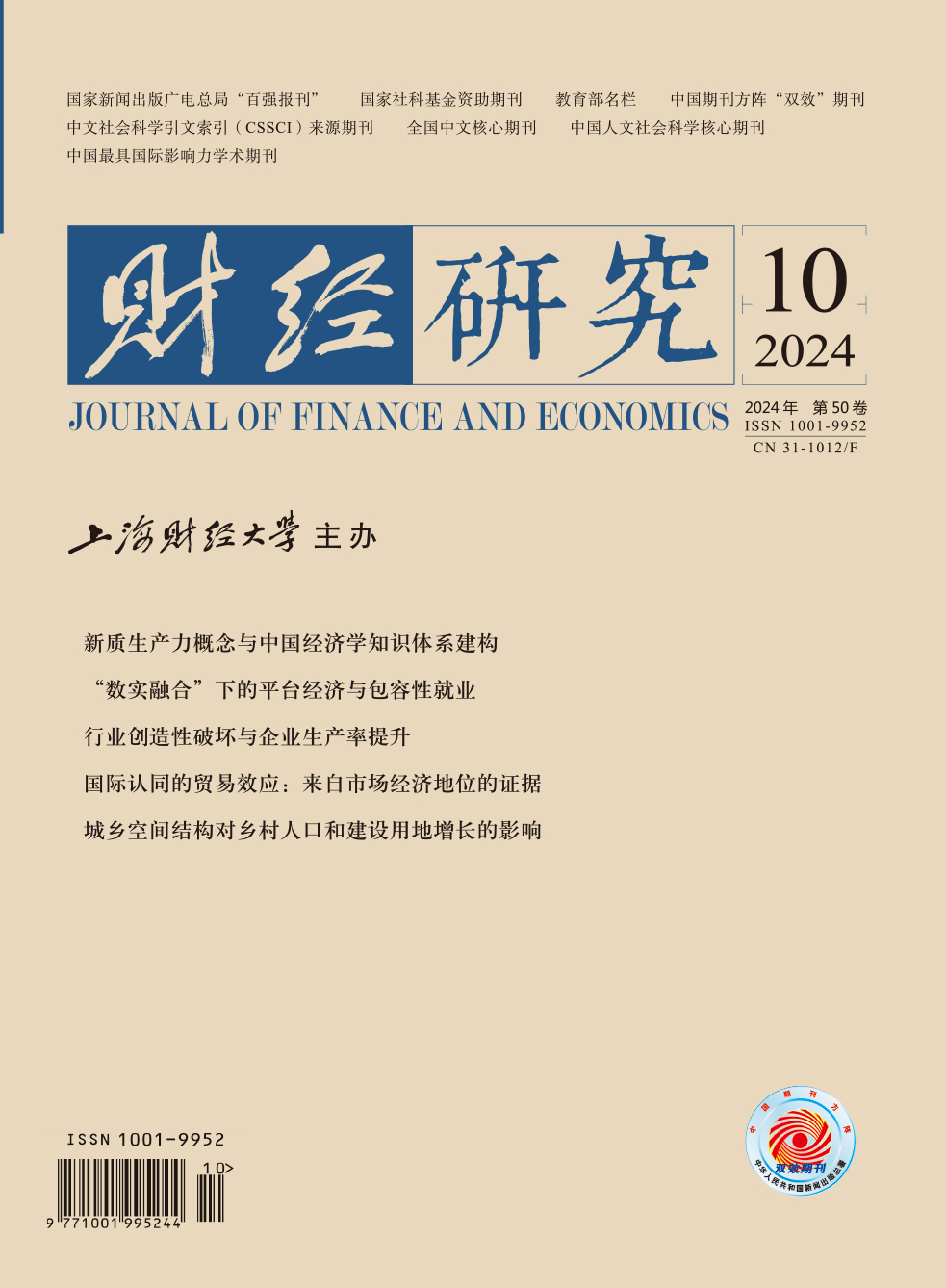Fiscal is the foundation and important pillar of national governance. In view of this, the academic community attempts to explain from different theoretical perspectives the issues of “how to govern” and “how to be intelligent” in contemporary Chinese fiscal studies. However, it is somewhat regrettable that few scholars have paid attention to the construction of discourse power in this field. Not only does it lead to the possibility of national governance being dependent on dominant Western fiscal theories, but more importantly, without forming its own discourse power, it is difficult to effectively express China’s position and views on the international stage.
This paper specifically addresses the construction of discourse power in modern Chinese fiscal studies, delving into the exploratory efforts of modern Chinese scholars in this domain. The study finds that a large number of fiscal treatises have been published in modern China, and the productivity of the discipline has significantly improved, but the innovation, dissemination, and application of most of the treatises are relatively limited. Chen Huanzhang’s “The Economic Principles of Confucius and His School” attempts to break through this limitation. Based on the classic theories of Confucianism in China, and utilizing the analytical methods and terminology of Western economics, this work explores the origin and evolution of human society, analyzes the general principles of government activities, and points out the general principles of human behavior from the perspective of modern fiscal studies such as production and distribution. It constructs a theoretical system applicable to the general laws of human civilization, and some of its content has even been borrowed by the United States. This indicates that Chinese wisdom has the potential to condense into the theory of general laws of the world, inspiring future research on Chinese fiscal studies to deeply explore local wisdom, promote cultural exchange and academic integration between China and the West, and build a fiscal theory system that can not only explain and guide fiscal governance practices with Chinese characteristics, but also cover general laws of human society.
The contribution of this paper is to analyze the construction of discourse power in Chinese fiscal studies, which lacks attention from the academic community. This paper clearly elaborates on the manifestations and feasible paths of obtaining discourse power in fiscal studies, especially through the case study of “The Economic Principles of Confucius and His School”, which provides solid historical evidence for the excavation of local wisdom and the construction of independent knowledge system in China. It also proves that in order for contemporary Chinese fiscal studies to gain discourse power on the international stage, they should also pay attention to the condensation of their own wisdom while absorbing global knowledge.





 699
699  435
435

